Expert stone and brick services that protect your property and enhance your investment.
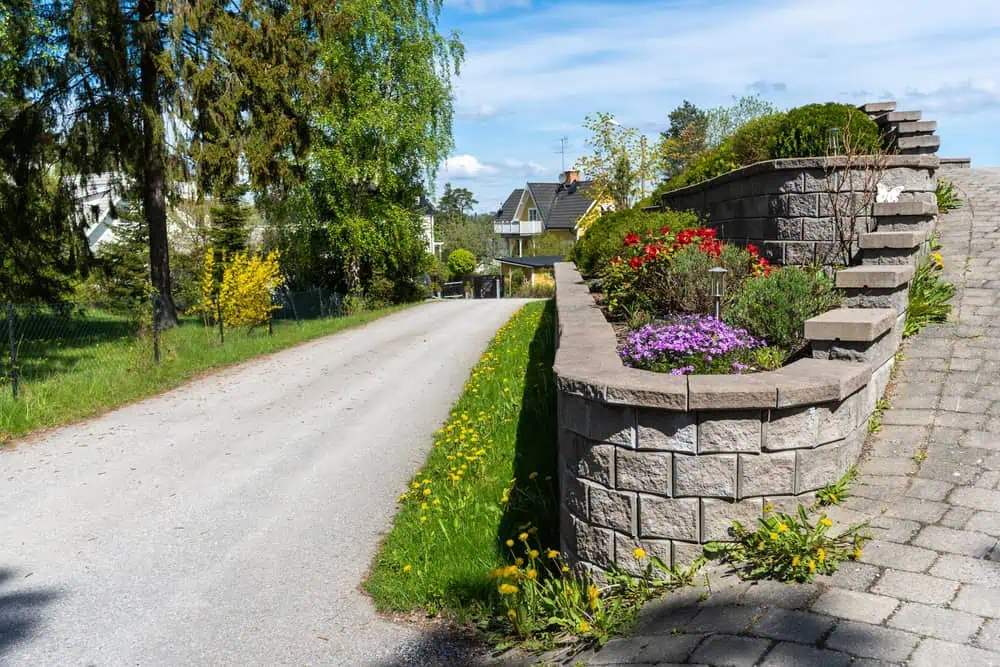
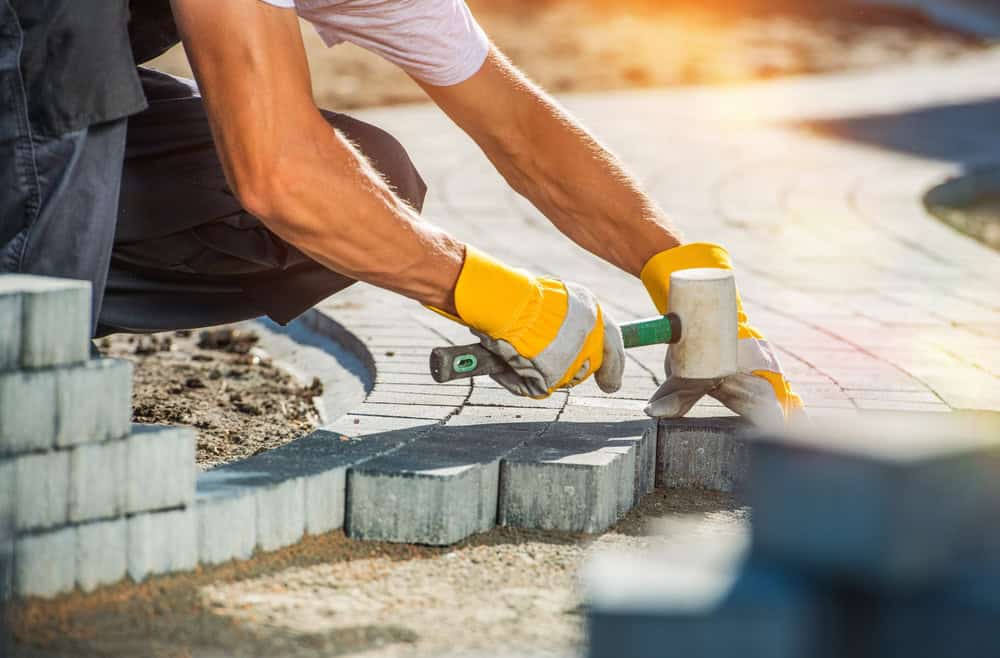
You get structural integrity that protects your biggest investment. No more worrying about water damage creeping through failing mortar joints or wondering if that leaning chimney is going to become a real problem.
Your property value stays strong because the work looks right and lasts. We’re talking about craftsmanship that matches your home’s original character, not patch jobs that stick out like a sore thumb.
The headaches stop. No more calling different contractors every few years for the same recurring issues. When masonry work is done correctly the first time, it handles New England weather without constant maintenance calls.
Academy Masonry has been handling masonry projects throughout Quincy for years. We understand how the salt air affects mortar joints and which restoration techniques work best with the area’s historic building styles.
You’re not getting a contractor who’s learning on your dime. We know local building codes, permit requirements, and the specific challenges that come with maintaining masonry in this coastal New England environment.
Our work speaks for itself throughout Quincy neighborhoods. From historic home restorations on Presidents’ Hill to commercial projects downtown, we’ve built our reputation one solid project at a time.
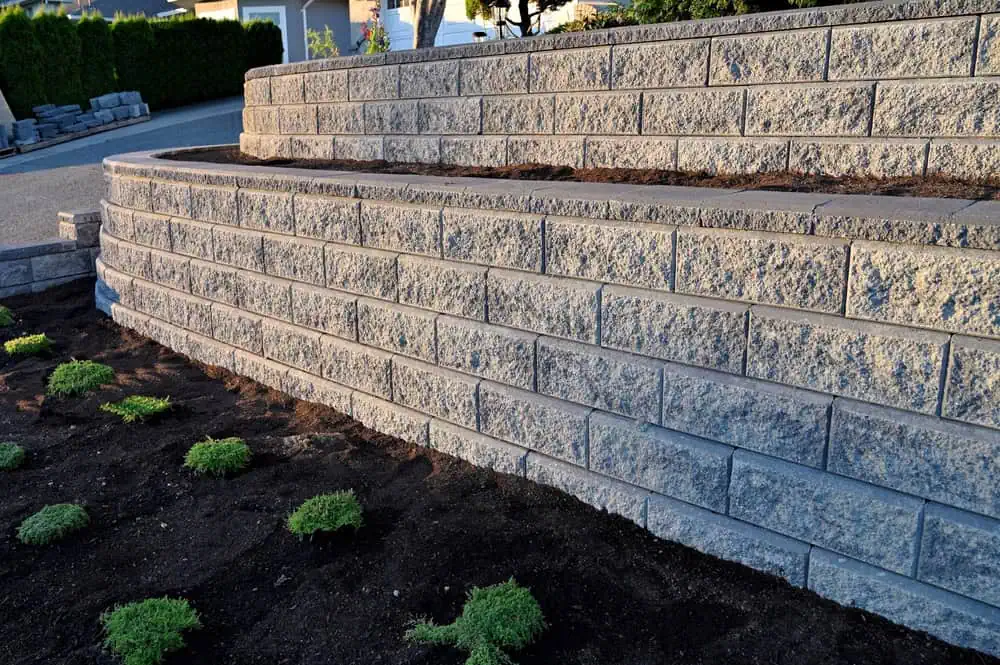
First, we assess what you’re actually dealing with. Not just the obvious damage you can see, but the underlying issues that might be causing the problem. You get a clear explanation of what needs to be done and why.
We provide a detailed estimate with no surprise costs later. Materials, labor, timeline – everything’s spelled out upfront so you can make an informed decision about moving forward.
The work gets done efficiently without turning your property into a construction zone longer than necessary. We protect surrounding areas, clean up daily, and keep you informed about progress throughout the project.
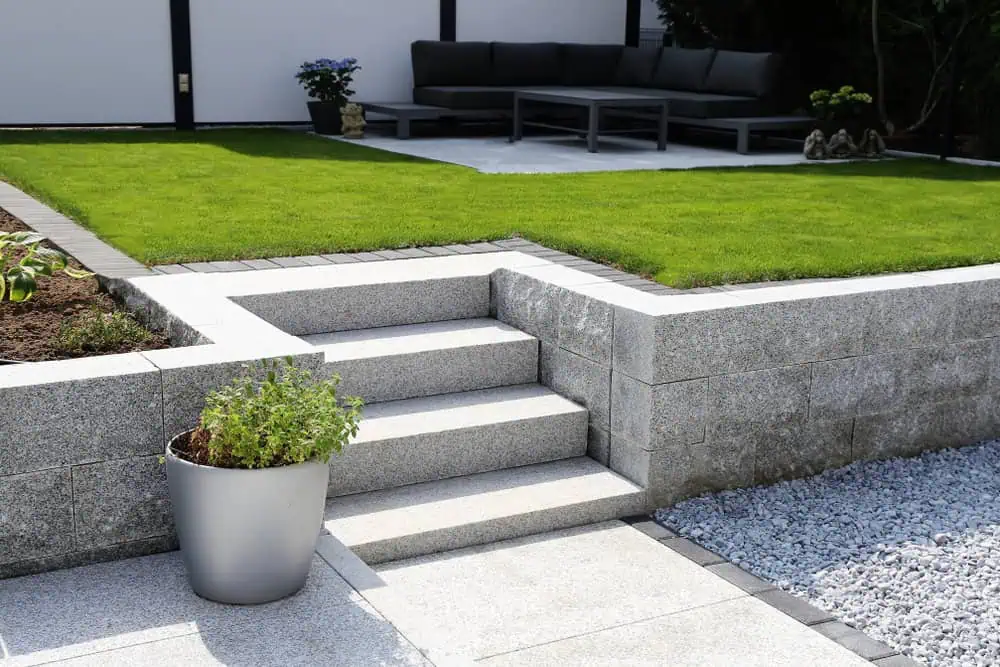
Ready to get started?
You get comprehensive masonry solutions under one roof. Brick and stone repair, chimney restoration, walkway and patio construction, commercial building maintenance – we handle the full range of masonry needs.
Historic restoration is where we really shine. Quincy’s older properties require specific techniques and materials to maintain their architectural integrity. We know how to match existing mortar composition and use traditional methods that preserve the building’s character.
Emergency repairs get priority attention. When you’ve got a structural issue that can’t wait, we respond quickly to secure the area and prevent further damage. Some masonry problems get worse fast, especially during Quincy’s harsh winter months.
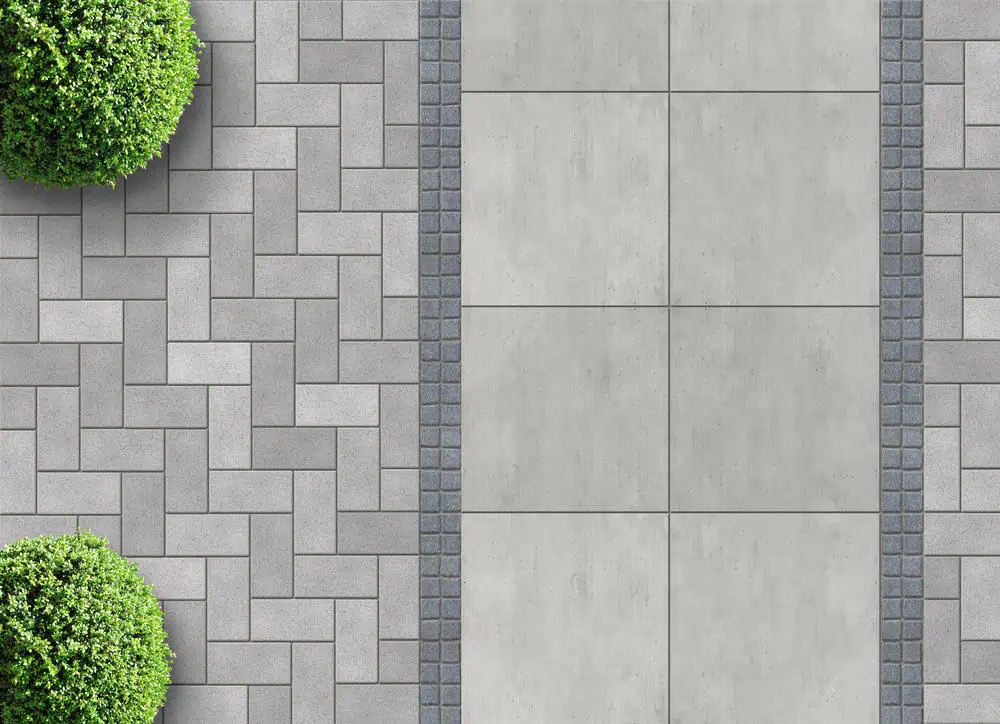
Local Resources